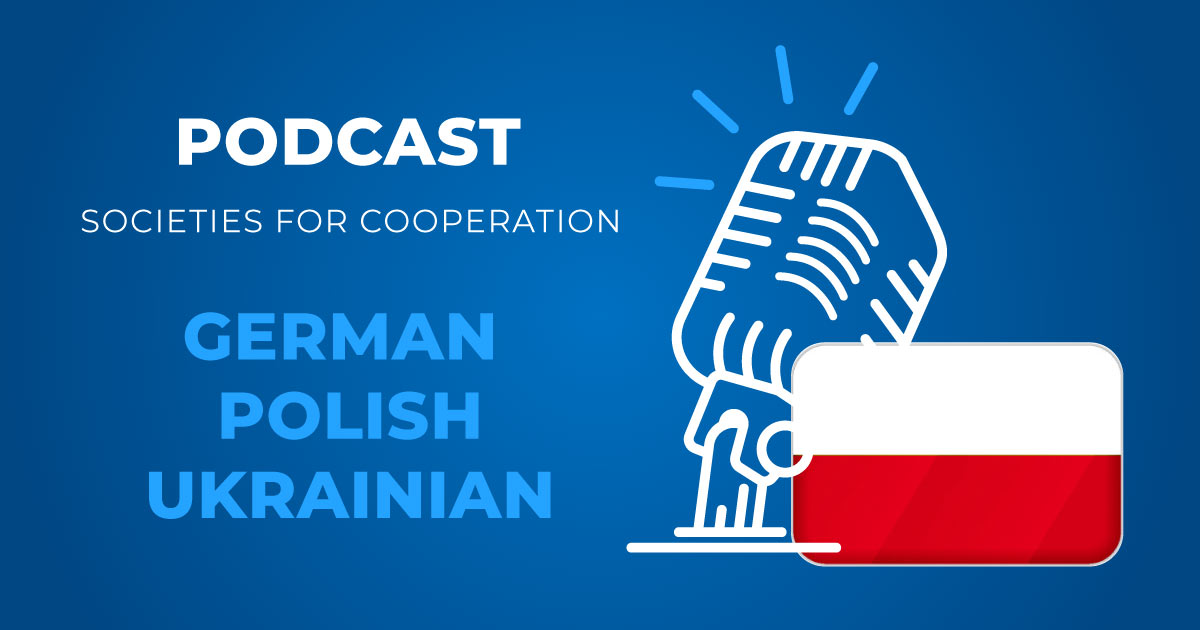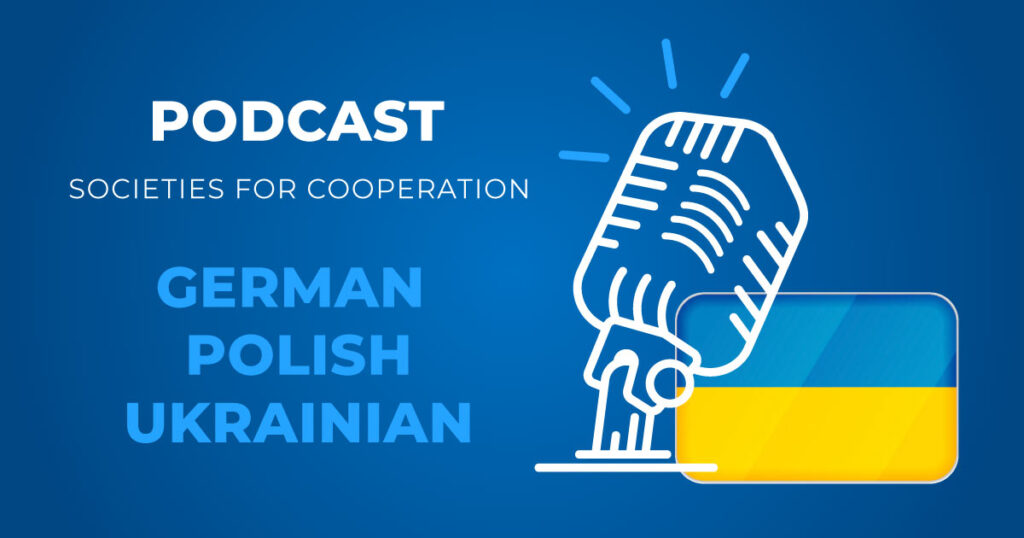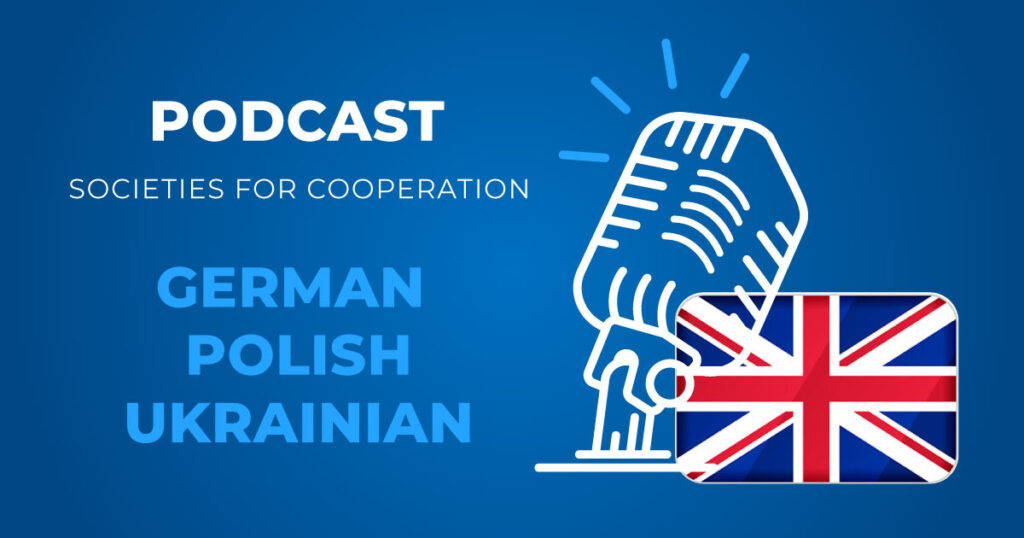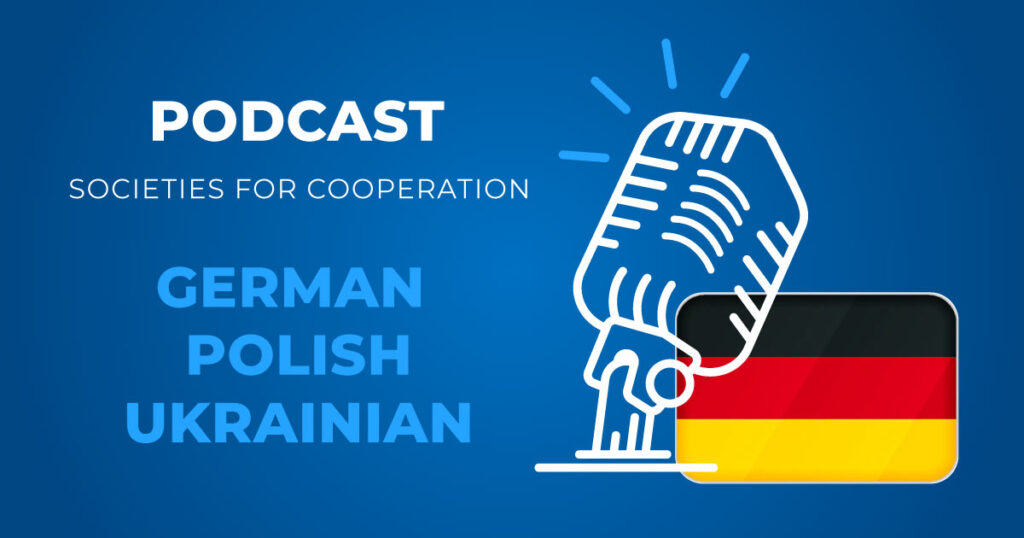English transcript
Interview with Krzysztof Getka
Agata: Agata Żuraw, Polish Association of Migrant Workers. Today, I have the pleasure of talking to Krzysztof Getka, a long-time associate of the F. Ebert Foundation in Warsaw. Krzysztof Getka is involved in labour relations, labour market policy, and social dialogue. Good morning. Hello, Krzysztof.
Krzysztof: Good morning.
Agata: Krzysztof, you’ve been a diligent observer of the political and social scene in Poland for many years. I’d like to talk to you today about the changes taking place in our labour market in Poland and their impact on trade union activities. As we know, more and more often, instead of traditional employment under a work contract and long-term occupation with one employer, we’re dealing with various short-term forms of employment: renting employees or so-called employee leasing. During the pandemic, remote working was added to this. How do you see the situation of trade unions against this background? Are they responding well to the changing work conditions? What do you think?
Krzysztof: From my inherently limited point of view—not being able to, sort of, analyse everything that’s happening in this huge area of labour relations—I can say that trade unions are, to some extent, a victim of the changes taking place. Trade unions as traditionally understood—those that still derive from the Fordist era, from the industrial era of developed forms of social dialogue, their huge organisational strength—well, as we know, this era has been changing for several decades. This is related to the processes of globalisation, technological changes, large-scale use of the Internet, et cetera, including the emergence of so-called atypical forms of employment, which—as far as I recall—we’ve been dealing with in Poland for a long time. But they’ve never played such a big role. It was kind of marginal. I recall a conference in 2002 with lawyers from trade unions and employers on atypical forms of employment, and at that time, on the threshold of the new millennium, we actually counted a dozen or so such forms of employment, but they did not yet constitute such a large phenomenon. The scale of this phenomenon was not yet significant in Poland. Nowadays, however, trade unions should have a vision and an idea of how to perform their basic task. For example, how to protect employees in the new reality, in this ever-changing digitised reality. Both, as these people are working in their workplaces, but also increasingly as they’re working remotely; when they’re working from home, when they’re connected while travelling with their company, or [connected to] work servers and performing some duties. Of course, for the time being, this applies to some employees, the ”cognitive” ones dealing with information processing, while it’s not yet a widespread form in many sectors.
Agata: Yes, that’s true, but we know that these informal forms of employment mainly affect young people, hence the question about the future of trade unions. Do you think there’s a strategy for trade unions in this area that could lead them to becoming stronger on the labour market?
Krzysztof: Let me say this: I don’t know. I’m afraid to make judgements. It seems to me that there are many such unions which are coming up with new offers, new initiatives in relation to young workers, trying to win them over. This is probably different in various countries, sectors, in various places where there are trade unions. In general, however, given the declining resources, declining unionisation, shrinking membership, and a certain ageing of the membership base, there’s no denying that such a process is taking place.
Agata: Another question. Since February, millions of refugees from Ukraine have been arriving in Poland. We hope some of them will settle in Poland and take up work. In fact, one million workers from across our eastern border had already been working in Poland before the war. This huge number of workers are the least aware of their rights. Do you think they could be the future of trade unions?
Krzysztof: I wouldn’t want to limit this to only migrant workers or refugees who’ve recently arrived in Poland and other EU countries, especially those bordering Ukraine. It’s also a phenomenon related to globalisation, and to some broader processes of the ageing societies in Europe, of this Old World, with a large influx of people from countries, from regions, which, in turn, are dealing with the opposite process—for instance, with expansion, with a demographic explosion sometimes. And there, these surplus workers, these people are trying to look for a new place to live. This is nothing new. We know of such examples from history. Poland itself was a country that, for many decades, if not for a whole century, provided a migrant workforce for the more developed countries of the West, with the United States at the forefront.
Agata: Yes, it’s true. We know that some trade unions in the West have opened up to this new labour force from Eastern European countries. We know that this is what unions in Germany are doing. Among other things, they’ve opened this special support campaign for migrant workers. Migrant workers can be members of a trade union in Germany. Do you think this kind of format could also be adopted in Poland? Is this the future.
Krzysztof: Yes, I think it’s only a matter of time before migrant workers, workers with—as we call it—a migrant background—a first- or second-generation background—join our trade union organisations. I think this is an inevitable and unstoppable process.
Agata: Thank you. This is just to conclude: is there or isn’t there a future for trade unions?
Krzysztof: I think there has to be a future because the economic system produces all sorts of inequalities and deficiencies. On the other side, there emerges an obvious need, an obvious emancipatory interest to express these concerns, to organise them. No better method than trade unions has been invented so far.
Agata: Thank you, Krzysztof, thank you very much for this optimistic message at the end. Thank you, and till next time!



